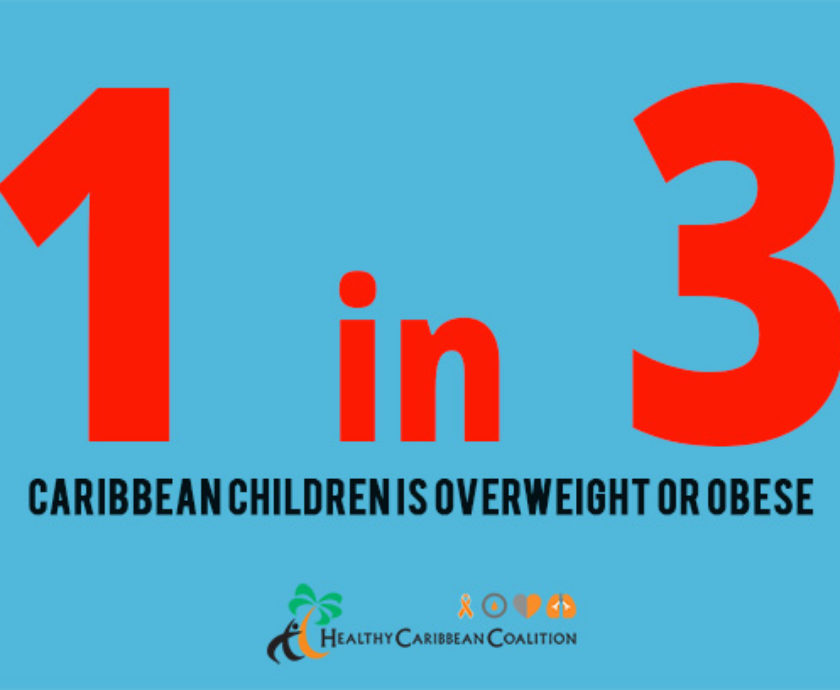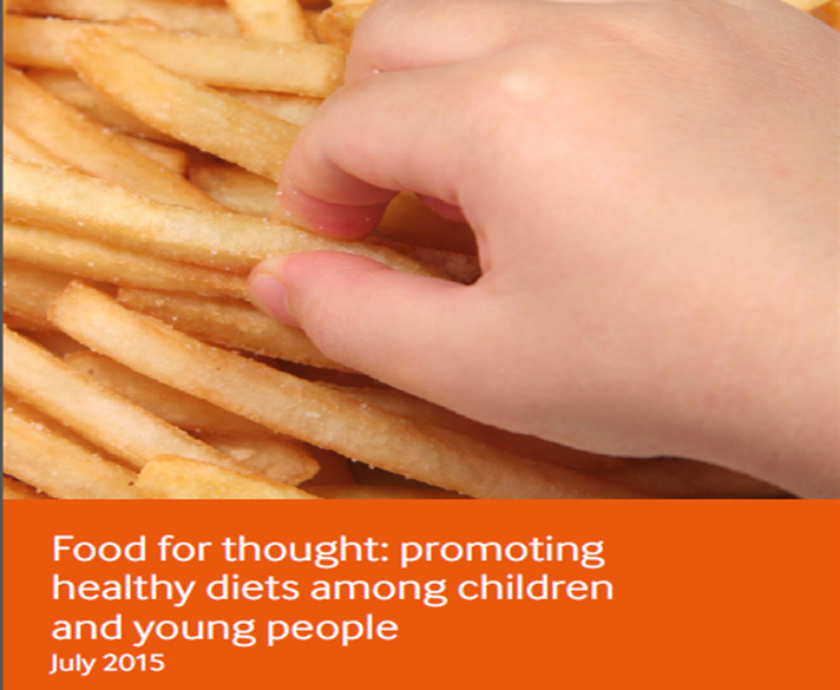This week scientists in the Netherlands published the results of their research exploring social isolation and type 2 diabetes. They assessed whether particular aspects of a person’s social network like the size of their social network, how often they are in contact with friends and family, the types of relationships they are in and whether they live alone are linked to pre-diabetes, a new diagnosis of diabetes or a previous diagnosis of diabetes.
Their research looked at people between the ages of 40 and 75 living in the south Netherlands. The study is still ongoing and the aim is to recruit 10,000 participants by the end of the study period.
This current piece of work includes 2861 people with an average age of 60, 57% were not diabetic and 43% of the participants either had pre-diabetes, a new diagnosis of diabetes or had previously been diagnosed with diabetes.
They found that the more socially isolated a person was (i.e. the smaller their social network was) the more likely they were to have a recent or previous diagnosis of type 2 diabetes. They found that for each fewer network member in a social group there was a 12% higher chance of being newly diagnosed with type 2 diabetes and a 8% higher chance of having a previous diagnosis in women; in men it was 10% and 5% respectively.
In women they found that higher percentages of social network members living within walking distance and higher percentages of household members were linked to newly and previously diagnosed diabetes. Researchers concluded that for women “a more centralised social network was associated with type 2 diabetes.”
In men, living alone was associated with significantly higher odds (59% higher odds) of being newly diagnosed with diabetes or being previously diagnosed. In women there was no association between living alone and diabetes.
They also found that a lack of social participation was associated with a 60% higher chance of being pre-diabetic and a 112% higher chance of being previously diagnosed with type 2 diabetes in women. For men a lack of social participation was associated with a 42% higher chance of having a previous diagnosis of type 2 diabetes.
They also found that having more emotional support, practical support and support during sickness were all associated with lower odds of having type 2 diabetes.
What does all this mean??
Simply put, people who are lonely are more likely to develop diabetes. Therefore if we can focus on addressing loneliness we may be able to prevent type 2 diabetes in some people.
It isn’t clear why specifically there is a link between social isolation and diabetes but the researchers feel that their work suggests that:
“High risk groups for type 2 diabetes should broaden their network and should be encouraged to make new friends, as well as become members of a club.”
Type 2 diabetes is more common in the black community and if we can identify whether social isolation is also linked to diabetes in the black community then this could be an effective approach to reducing the high risk in the black community.













A thoughtful opinion and ideas I will use on my website. You’ve obviously spent a lot of time on this. Thank you!
We’re very glad you found this article to be of interest. Thank you for visiting our website.
wonderful post, very informative. I’m wondering why the other specialists of this sector don’t understand this. You should continue your writing. I am sure, you have a great readers’ base already! rent a car kosovo
Thank you for visiting our website. We’re very pleased that you found this article to be informative.